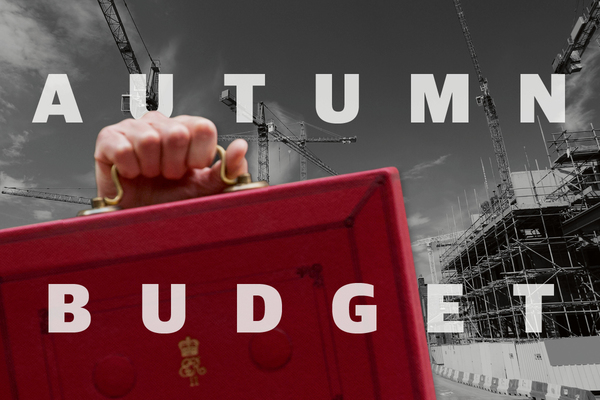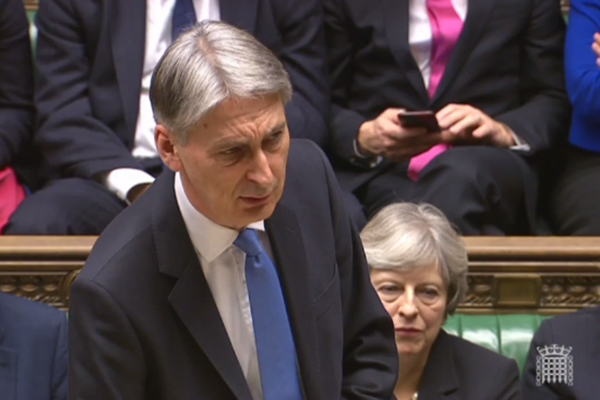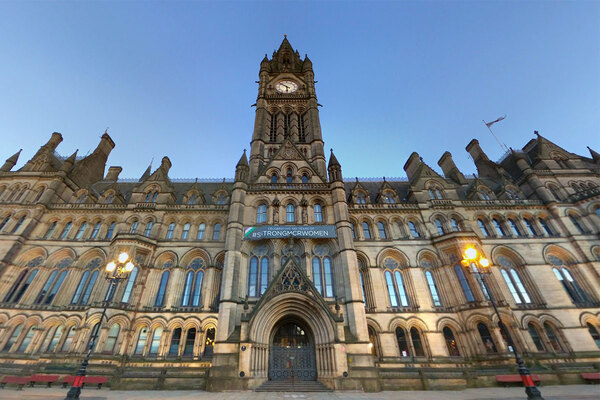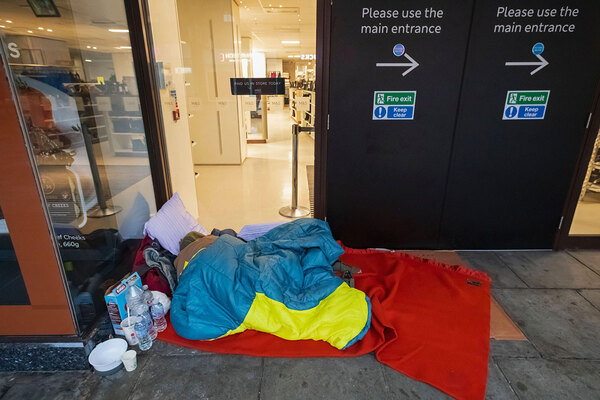You are viewing 1 of your 1 free articles
The hole in the Autumn Budget
Housing took centre stage in the Autumn Budget, but it failed to address the issue of affordability, writes Martin Hilditch
This week housing most definitely took centre stage in the Autumn Budget – meaning that in some ways it lived up to its billing as ‘the Housing Budget’.
A £1bn lifting of Housing Revenue Account borrowing caps in high-demand areas was one of the more significant changes revealed on the day – and represents partial success for one of the social housing sector’s most persistent lobbying efforts.
Elsewhere there were positive tweaks to Universal Credit and additional support for claimants living in areas where private rents are rising fastest via Targeted Affordability Funding (although it is Local Housing Allowance rates that need serious attention).
Then there is £28m invested in three Housing First pilots (Inside Housing has been calling for through its Cathy at 50 homelessness campaign) to tackle rough sleeping in Manchester, Liverpool and the West Midlands.
Housing aficionados are even treated to another investigation into land banking – like James Bond a perennial favourite that regularly pops up with a new face heading up the brand (see also, new towns).
And, of course, hanging over everything is that headline, Macmillan-style target of delivering 300,000 new homes a year. Everywhere you look there are eye-catching baubles and significant ambitions.
“The Budget that truly addresses affordability will have to wait.”
Why, then, after one of the most significant focuses on housing in a Budget for years, does it feel like there’s something missing?
Perhaps partly it’s because of the leaks suggesting even more ambitious plans from the Department for Communities and Local Government and Number 10 could have been on the cards.
Largely, though, it’s because there was a noticeable hole in all the Budget documents and chancellor Philip Hammond’s speech.
While there was much talk – and funding – directed at homeownership, there was less in the way of a coherent narrative about social rents and the affordability of housing for people on the lowest incomes.
In fact, according to the Office for Budget Responsibility some of the measures around stamp duty are more likely to benefit current owners than first-time buyers.
"There was a noticeable hole in Philip Hammond’s speech"
Nonetheless, while making “the dream of homeownership a reality for all generations” is fine in itself, it doesn’t say much about how policy will meet what the Chartered Institute of Housing referred to as “the varied needs” of individuals and families.
If the Social Housing Green Paper, announced in September, was meant to kick off a national conversation about social housing, it is difficult to gather how it’s engaged Mr Hammond (given he didn’t mention it at all).
Overall the government can feel justified in branding this ‘the Housing Budget’ and the move to lift borrowing caps for some councils is a significant, positive development.
The dream of a Budget that truly addresses affordability at all levels will, however, have to wait for another year.
Martin Hilditch, deputy editor, Inside Housing













